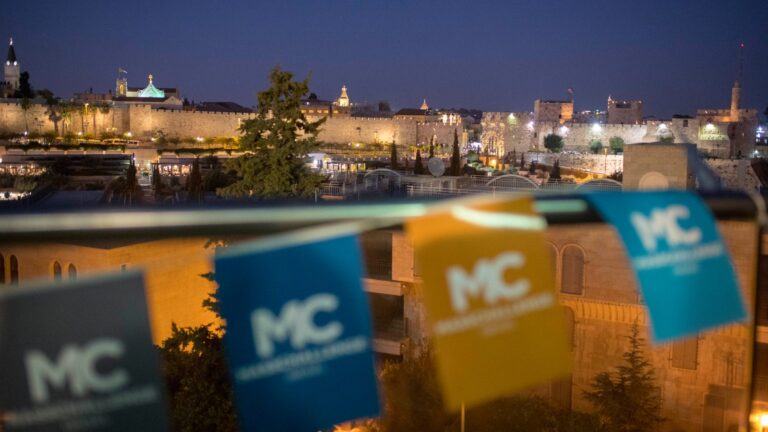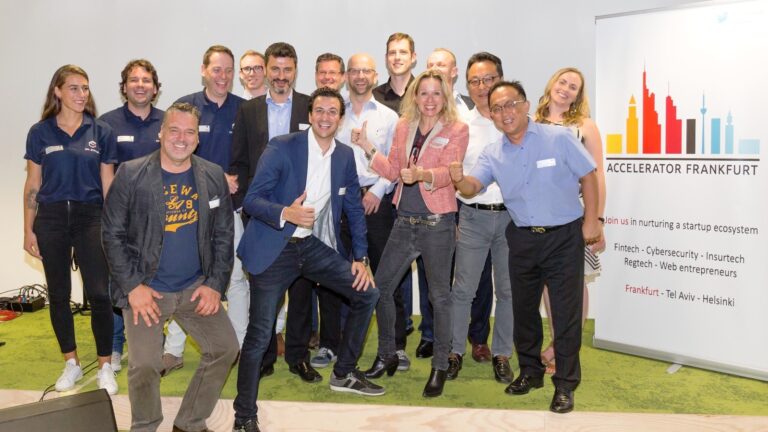Israel has 261 startup accelerators as of late June 2016, according to the IVC Research Center in Tel Aviv, a private research firm that tracks trends in Israeli high-tech, venture capital and private equity.
By the time you read that sentence, the number is sure to be higher.
Only last October, IVC reported that Israel had 207 accelerators. The first accelerator in Israel was Genesis Partners’ The Junction in Tel Aviv, which launched in March 2011. So it’s no exaggeration to say that the growth of accelerators in Israel is extraordinary.
Tel Aviv alone hosts 50 accelerators as of June 2016, reflecting a growth rate of 137 percent since 2012.
As their name indicates, accelerators help early-stage companies scale up. They enable angels and VCs to invest small amounts of money in many startups at once, and to identify the most promising ventures.
The Seed Accelerators Ranking Project at MIT defines an accelerator as a fixed-term, cohort-based program that includes educational and mentorship components and culminates in a public pitch event or “demo day.” This year, it identified 150 US accelerators fitting that definition.
By contrast, incubators help entrepreneurs build business plans from raw innovative ideas. Incubators are also plentiful in the startup nation, but their number is perhaps half that of accelerators — although there is some overlap.
Accurate statistics on startup accelerators worldwide are hard to come by. AngelList’s newest online compilation of 598 accelerators around the world includes only two in Israel, indicating that the number is way underestimated.
IVC Research Center CEO Koby Simana could not say definitively whether Israel’s accelerator scene is growing at a faster clip than elsewhere. However, the constantly and rapidly rising numbers clearly point to an Israeli accelerator boom.
“This is surely a manifestation of the huge number of startups that are born every year in Israel and a serious commitment by the community of CEOs, serial entrepreneurs, and prominent investors, to contribute to the industry as mentors,” Anya Eldan, General Manager, Early Stage Division at the Israel Innovation Authority, tells ISRAEL21c.
Simana tells ISRAEL21c that five different accelerator models operate in Israel.
“First are corporate-run accelerators that serve as a gateway for the corporation to touch base with industry,” he says. Examples include IBM Alpha Zone in Petah Tikva, The Bridge by Coca-Cola in Tel Aviv and Barclays TechStars Accelerator in Tel Aviv.

“Second are investor-run accelerators founded by VCs or corporations that want to invest in — rather than cooperate with — early-stage startups that have a solid business plan and team,” says Simana. Examples are Janvest Seed Lab in Netanya and AltaLab in Herzliya.
The third type of Israeli accelerator is affiliated with a university or college, such as StarTAU and EcoMotion at Tel Aviv University, BizTEC at the Technion-Israel Institute of Technology, Inno-Negev at Ben-Gurion University, and HUstart at the Hebrew University of Jerusalem.
The fourth kind of accelerator is sponsored wholly or partially by government or municipal bodies, such as Siftech in Jerusalem, Herzliya Accelerator Center, The Library in Tel Aviv, RishonStartUp in Rishon LeZion and hiCenter in Haifa.

The final model caters to a specific population. For example, KamaTech in Bnei Brak and Yazam BaLev in Jerusalem accelerate startups led by ultra-Orthodox (haredi) entrepreneurs; and nazTech and Hybrid in Nazareth accelerate Arab-Israeli startups.
“About 80% of the accelerators are Israeli, but we also have foreign ones like MassChallenge, 500 Startups and UpWest Labs,” notes Simana.
Several accelerators in Israel are associated with foreign governments, such as TechCode (China) and Lublin Science and Technology Park (Poland), both in Tel Aviv.
Gust.com’s 2015 report on the Middle East accelerator scene revealed that in terms of investment, Internet of Things startups are in first place, “with 80% of accelerators reported to have an interest in investing in startups from this field.”
In addition, many Israeli accelerators focus narrowly on specific areas such as the construction industry, the disabled community, and businesses headed by new immigrants or members of minority groups.
Watch for ISRAEL21c’s list of eight of the most unusual accelerators in the startup nation.

















